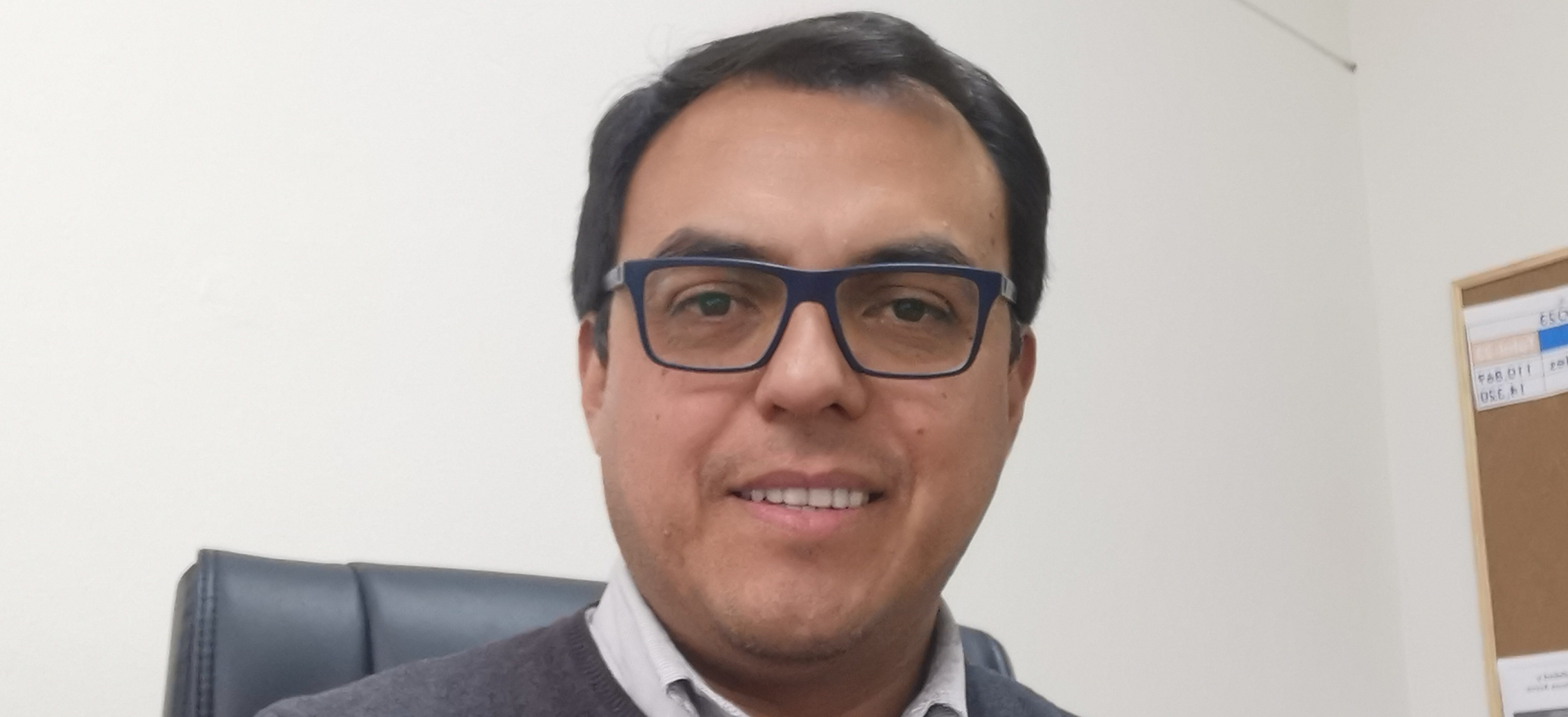Lima, JULY 11 2023Edgar Rivera of the Vallesur Clinic Says that Cancer Screening is Essential for Mining Workers due to Exposure to Carcinogens

On the occasion of the participation of the Vallesur branch of Clínicas Auna in PERUMIN 36, its general manager, Edgar Rivera, reminds mine workers to pay attention to the most common occupational diseases and the onset of typical symptoms of certain illnesses, and highlights the importance of cancer screening. “Our participation in this important event will enable us to reciprocate and strengthen the trust placed in our institution,” stated the executive.
What relevance and expectations does PERUMIN generate for the Clínicas Auna network?
PERUMIN is the most relevant mining event in the region. It offers numerous opportunities and generates expectations in our institution, the Vallesur branch of Clínicas AUNA.
PERUMIN is expected to attract a significant number of participants and visitors related to the mining industry. This inevitably leads to a heightened demand for medical services, both for urgent and emergency cases. This also gives us the chance for us to demonstrate our ability to deliver the necessary medical care for those issues promptly, efficiently and with a high standard of quality.
PERUMIN’s convening power is undeniable. It brings together important players of the mining sector, service and technology providers, investors, and other related professionals. This will allow us to demonstrate our high standard of medical services, building commercial ties and relationships with corporate clients of the region.
Our participation in this great event will enable us to reciprocate and strengthen the trust placed on our institution, reinforcing the reputation we currently enjoy in the city and the country.
What services are available to the mining sector?
At Clínicas AUNA’s Vallesur Branch, we offer a full range of medical specialties and services for the mining industry, as detailed below:
· Emergency services: The events that occur in mining centers often require urgent and emergency medical care. At the Vallesur Branch of Clínicas AUNA, the Emergency Room works 24 hours a day and is staffed with emergency physicians who are fully supported by various specialists and have the appropriate equipment to treat emergencies.
· A Surgical Center fully equipped with state-of-the-art technology and trained staff, divided into three operating rooms and a recovery room, with the capacity to perform all types of highly specialized surgical procedures.
· An Intensive Care Unit, with six modernly designed and implemented rooms, supported by intensivist physicians and specialized nurses working 24 hours a day, seven days a week.
· An imaging center equipped with all the necessary equipment for proper diagnostic support, such as magnetic resonance imaging, ultrasound, X-rays, mammography, and computed tomography.
· Occupational medical check-ups: Mining workers have to undergo regular medical check-ups to assess their state of health and their fitness to perform work-related tasks. These check-ups include multidisciplinary evaluations, additional lab tests, imaging tests and specialized diagnostic procedures such as audiometry, visual acuity testing, stress tests, among others.
· Rehabilitation and physiotherapy center, equipped with a full range of machines and tools that enable a quick and efficient recovery from traumatic or post-surgical injuries in workers, allowing them to return to their work activities as soon as possible.
· Managing physician: Appointment of a doctor in direct contact with each mining company (medical management, company medical staff and social assistance) to facilitate the coordination of the transfer of workers who require immediate urgent or emergency care, as well as the scheduling of appointments for patients with chronic diseases. This doctor will also be responsible for implementing visitation programs coordinated with health campaigns at the site the company requires, and a preventive program that includes talks aimed at personnel.
What are the most common occupational diseases in mining?
There are many occupational diseases that may affect mining workers because of the risks and exposure to chemical and physical products found in their workplace. They include the following:
· Chronic Obstructive Pulmonary Disease (COPD) and Pulmonary Fibrosis: Both respiratory diseases related to dust exposure (in addition to silicosis and coal workers' pneumoconiosis), a consequence of breathing in mineral dusts such as asbestos, talc and metal dusts.
· Musculoskeletal injuries: Mining activities involve intense physical work, repetitive movements, and uncomfortable postures, which increase the risk of injuries to different levels of the muscular and skeletal system. This includes issues like lower back pain, spinal injuries such as herniated discs, injuries to the back, shoulders, and limbs due to repetitive movements, lifting heavy loads, and ergonomically unfavorable conditions.
· Traumas and injuries from accidents: Workplace accidents are a constant risk in mining and can lead to severe traumas, bone fractures, amputations, traumatic brain injuries, and polytrauma, a condition in which multiple systems are affected by a severe accident. These incidents can be caused by explosions, collapses, falls, impacts from objects, and other factors.
How necessary is cancer screening for mining workers?
Cancer screening, including early detection and screening for cancer is critical for mine workers. Exposure to certain carcinogens found in the mining industry, such as coal dust, silica, asbestos and other toxic chemicals, increases the risk of developing cancer.
The screening allows for:
· An early detection, which significantly increases the chances of a successful treatment and a better recovery. Cancer screening tests, such as mammograms, Pap smears, colonoscopies, and specific blood tests, can detect the presence of cancer cells at an early stage before symptoms appear.
· The identification of risk factors and the implementation of measures to prevent overexposure to substances that cause cancer to develop and thereby ensure workers’ well-being and safety.
What symptoms should one be aware of in order to undergo a comprehensive medical examination?
Symptoms of certain diseases often vary in intensity and time of onset from person to person. Therefore, it is very important to consider the appearance of the symptoms listed below:
· Persistent or unexplained fatigue: If you experience extreme fatigue that does not improve with proper rest and lifestyle changes, you may need to undergo a comprehensive evaluation to determine possible underlying causes.
· Weight changes: Significant and unexplained weight loss or gain may be a sign of health problems and require medical evaluation.
· Chronic or recurrent persistent pain with no apparent cause or that does not improve with usual treatment requires a medical evaluation to determine the underlying cause.
· Changes in bowel or urinary habits: Changes in frequency, appearance of blood in urine or stool, difficulty urinating, or significant changes in the consistency of bowel movements may indicate health problems and require medical evaluation.
· Skin lesions or tumors anywhere on the body.







